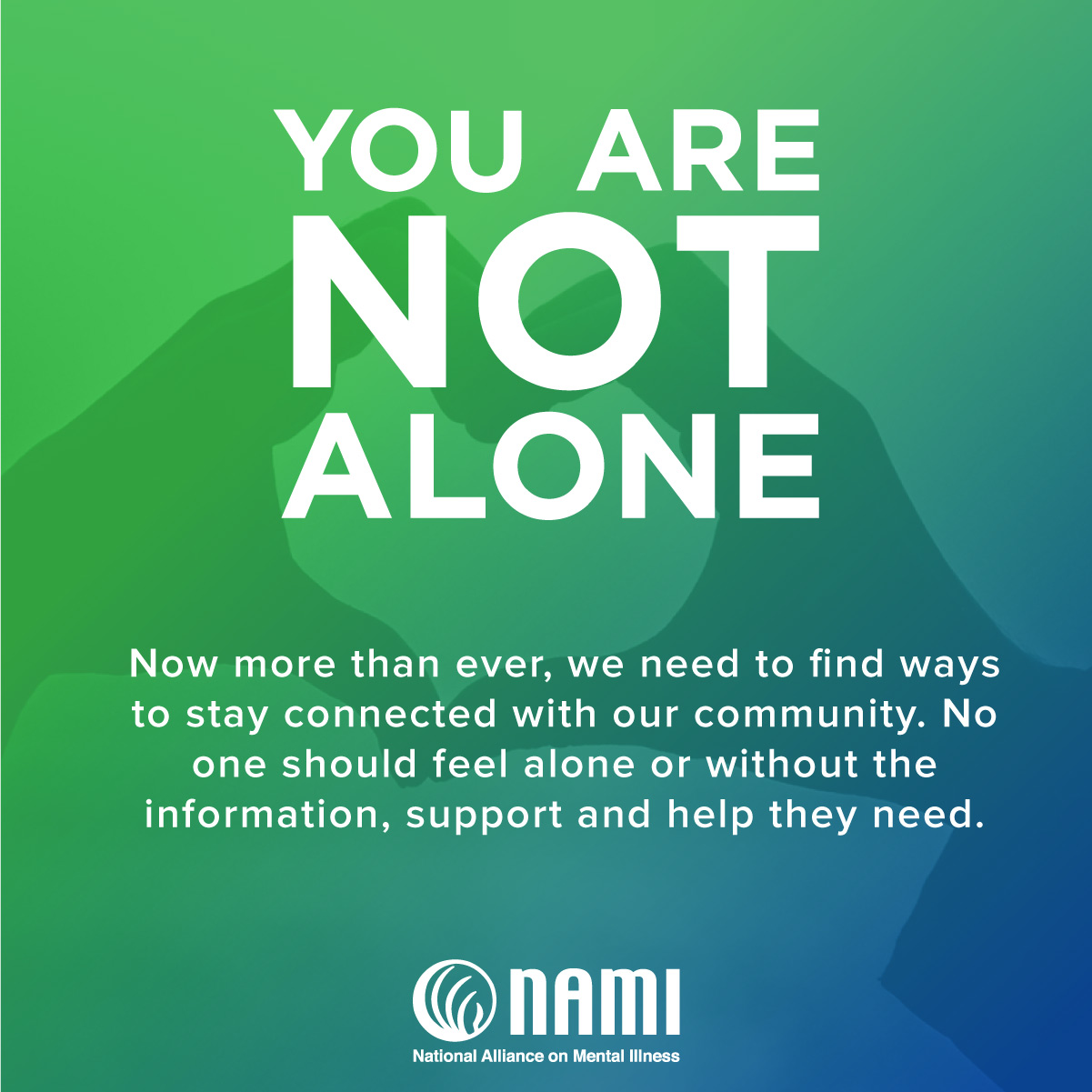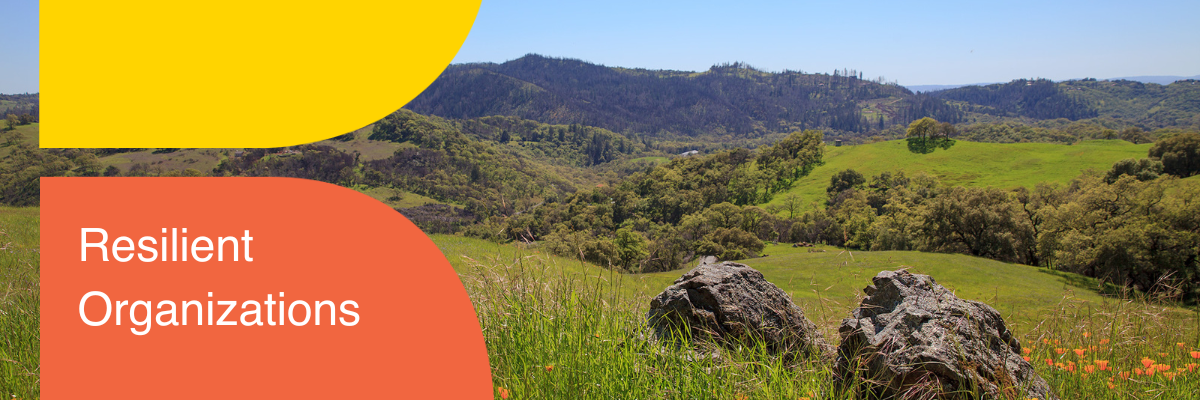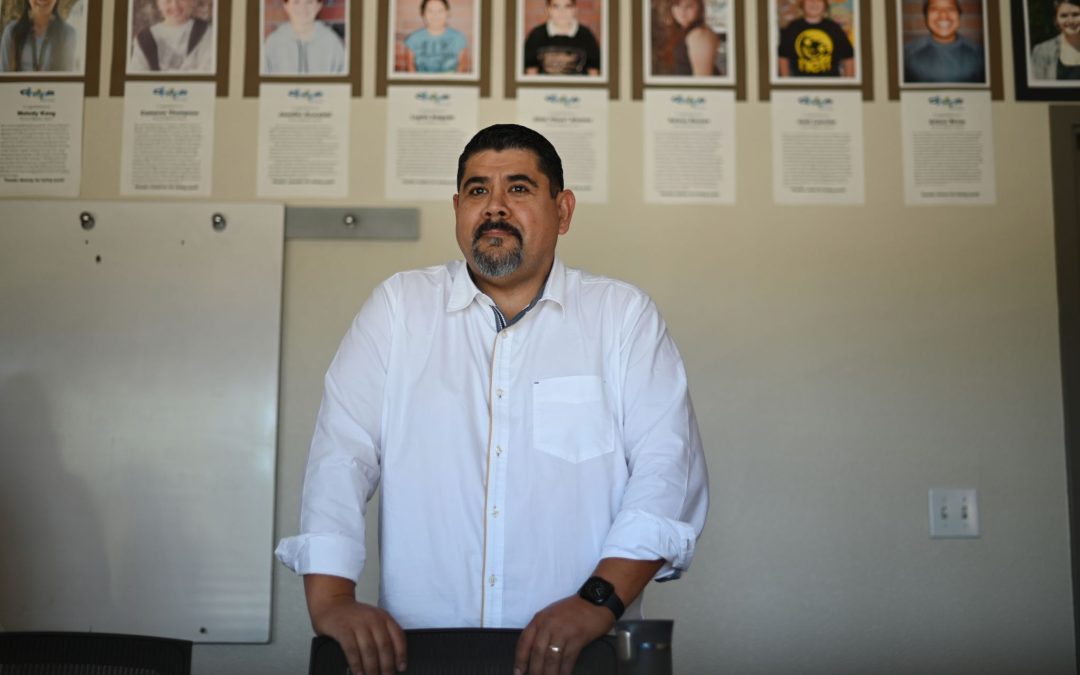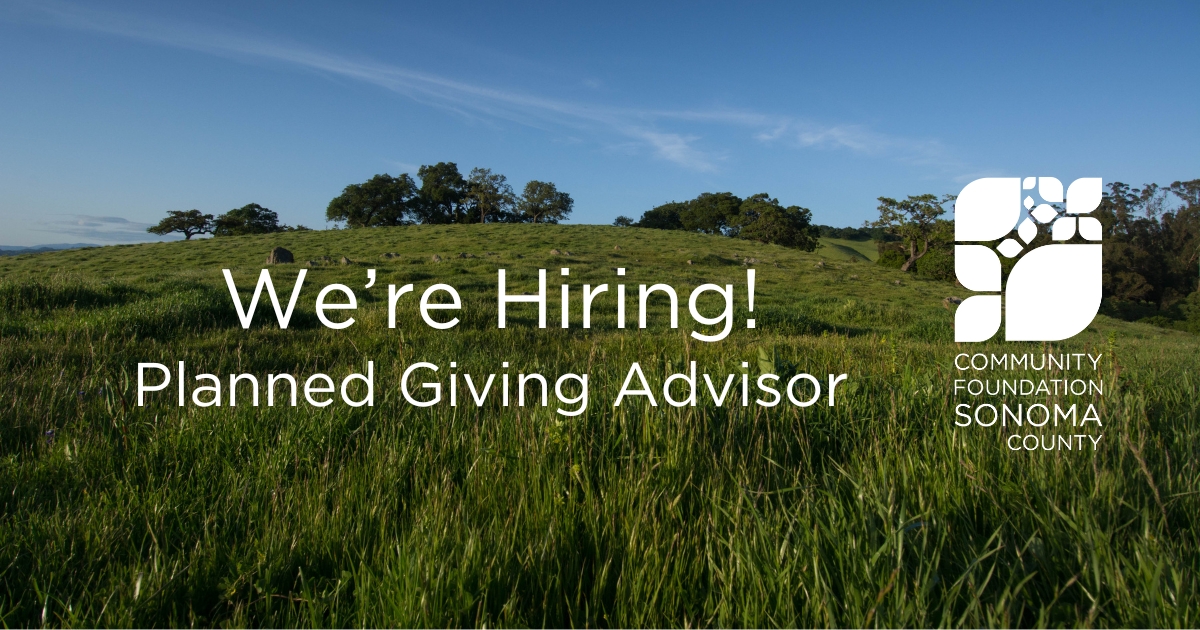One of the first contacts many have with NAMI Sonoma County is through the NAMI Warmline, a non-crisis helpline that operates Monday to Friday, 10 AM to 5 PM (call/text 866-960-6264). Although the line is not staffed 24 hours a day, NAMI’s trained staff and volunteers return all messages as soon as possible to ensure that community members can be quickly referred to appropriate support.
For many, this is the first step in receiving mental health services. NAMI Sonoma County executive director Mary-Frances Walsh says that the line has been extraordinarily active during the COVID-19 pandemic; some national hotlines saw an increase of texts and calls rise 1,000% in April alone.
“People call us every day, everybody is feeling this stress,” she says. “That includes people with mental health conditions.”
Since 1979 the National Alliance for Mental Illness (NAMI) has offered education and advocacy to remove the stigma from mental health across the United States. In addition to the Warmline, NAMI Sonoma County provides education and resources to support families and individuals impacted by mental illness.
Before social distancing orders, NAMI Sonoma County offered in-person support groups in Santa Rosa. One group is to support family members and loved ones of people with mental illness. The other is a twice a week group for people recovering from a mental health condition. The individuals in these groups are usually functioning, and the group provides a place to discuss their experiences, says Walsh.
NAMI Sonoma County also offered a group for fire survivors until funding for the program dried up. The group has now transitioned to a stress relief hour that is open to everyone.
“Many of the people that were in the wildfire survivor groups are now participating in that. Our groups are open to anybody, but you don’t have to be a wildfire survivor any longer,” says Walsh. “The focus is really on building resilience and avoiding isolation. Which is a real challenge to anybody’s mental health.”
With a recent survey from Pew Research Center reporting that at least one-third of Americans have displayed clinical signs of anxiety, depression, or both since the pandemic began, mental health organizations like NAMI are busier than ever. To respond, NAMI Sonoma County launched a new Wellness Chats and Check-Ins service during the pandemic’s early days.
Like most organizations and individuals offering face to face support services, NAMI Sonoma County has moved all groups to an online format using Zoom. The transition, says Walsh, has grown their list of people seeking services exponentially. This growth is partly because of the heightened stress and depression people are experiencing because of job insecurity, social isolation, and health threats due to COVID-19. The ease of accessibility to connect with group support over Zoom from the comfort of people’s homes is also a contributing factor in the rising numbers.
“I want to say that it’s never a total replacement for that person-to-person contact,” says Walsh. “But the groups are thriving. It’s opened up our contacts with a lot of people, and I feel very positive about that.”
The technology has made mental health services more accessible. Walsh says that the group attendees include people from nearby Lake County, where there is no NAMI office, noting that driving to Santa Rosa from Lake County for a two-hour meeting was not feasible for people. Referrals are also coming in from Marin County, where the local NAMI office doesn’t have the same capacity to serve everyone seeking mental health support.
NAMI Sonoma County’s services reach beyond groups and phone support. The organization continues working collaboratively with projects like Sonoma County Mobile Support Teams and Sonoma County Youth and Family Services and helping the loved ones of incarcerated people to ensure they get the mental health support they need while in the Sonoma County jails.
They also host classes, such as their 8-week Family to Family program, and offer mental health presentations to community organizations. One presentation adapted to an online Zoom format is NAMI’s Ending The Silence, a program for middle and high school students that educates students about the signs and symptoms of mental illness and provides resources on how to respond to a mental health crisis, a program supported with funding from Community Foundation Sonoma County, and our Sonoma County Resilience Fund.
“Mental health is still scary. When you’re talking about serious mental illness and people are uncomfortable talking about it,” says Walsh. “Our presentations and workshops are places where people learn. They don’t have to go through this alone; there are resources for them.”
Story by Dani Burlison











